For those who appreciate the charm of bygone eras, navigating the world of antique markets can be a thrilling adventure filled with hidden gems waiting to be discovered. Whether you’re a seasoned collector or just starting your journey into the realm of vintage treasures, understanding the ins and outs of antique markets is crucial for uncovering unique and authentic pieces amidst the bustle of flea markets like Wolff’s in Rosemont.
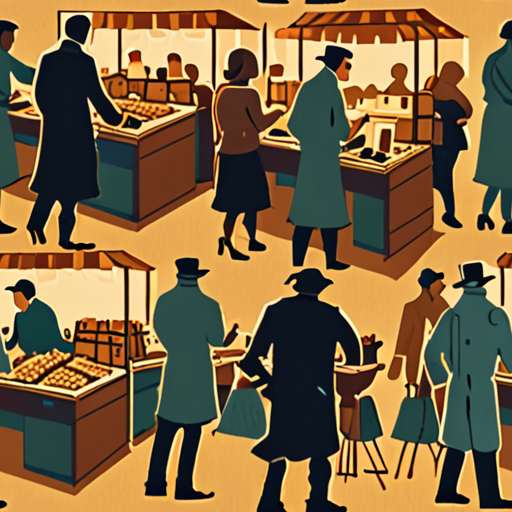
Uncovering Unique and Authentic Antique Pieces at Flea Markets
I’ve spent countless hours scouring flea markets for one-of-a-kind treasures, and I’m excited to share my expertise with you.
- Research Beforehand: Familiarize yourself with the types of antiques and collectibles that typically sell well at flea markets. Websites like eBay and Etsy offer great resources for researching popular items and prices.
- Know Your Vendors: Develop relationships with regular vendors at your local flea markets. They often have a keen eye for spotting rare and valuable items, and may be willing to share their knowledge with you.
- Inspect Items Carefully: When browsing through vendor stalls, take the time to thoroughly inspect each item. Look for signs of authenticity, such as signatures, stamps, or other markings that indicate the piece is genuine.
- Get Appraisals: Consider hiring a professional appraiser to evaluate the authenticity and value of particularly rare or valuable items. Organizations like the Appraisers Association of America can provide recommendations for reputable appraisers in your area.
- Join Online Communities: Connect with fellow collectors and enthusiasts through online forums and social media groups. These communities often share knowledge, resources, and tips for finding unique and authentic antique pieces.
- Attend Specialty Shows: In addition to flea markets, consider attending specialty shows and auctions that cater to your interests. These events often feature high-end and rare items that may not be found elsewhere.
- Stay Up-to-Date: Keep abreast of current trends and market conditions by following reputable sources, such as Antique Weekly and Collectors Weekly .
By following these expert tips, you’ll be well on your way to uncovering unique and authentic antique pieces at flea markets.
Finding the Best Flea Markets
When searching for the best flea markets, look for those that specialize in antiques and collectibles. Some popular options include:
- Brooklyn Pop Fest
- Flea Market Frenzy
- Vintage Vibes Market
Authenticating Antiques
To ensure the authenticity of an antique piece, look for the following characteristics:
- Signature or Stamp: Check for signatures, stamps, or other markings that indicate the piece was created by a particular artist or craftsman.
- Date and Provenance: Research the item’s history and provenance to determine its age and origin.
- Marks and Patina: Examine the item for signs of wear and tear, such as patina, scratches, or other marks that suggest age and authenticity.
- Materials and Craftsmanship: Evaluate the item’s materials and craftsmanship to determine whether it aligns with the style and era in which it was created.
Conclusion
Scoring Rare and Valuable Finds at Antique Markets
As a seasoned collector and enthusiast of all things vintage, I’ve had my fair share of experiences scouring antique markets for hidden gems.
- Know the Market
- Research and Preparation
- Inspect Before Buying
- Build Relationships with Vendors
- Stay Patient and Persistent
- Consider Working with a Dealer
- Join Online Communities and Forums
- Attend Auctions and Estate Sales
- Keep an Eye Out for Rarity and Condition
- Don’t Be Afraid to Walk Away
Before diving into the fray, take some time to familiarize yourself with the market’s layout, vendors, and typical offerings. This knowledge will help you navigate the crowds and identify potential treasures more efficiently.
Research the types of items you’re interested in collecting and stay up-to-date on current market trends. Bring a list of specific items you’re looking for and be prepared to negotiate prices.
When inspecting items, look for signs of wear, damage, or restoration. Check for any flaws or defects that could impact the item’s value or authenticity.
Foster relationships with vendors and dealers who can provide you with insider knowledge and access to rare or hard-to-find items.
Antique hunting can be a long and sometimes frustrating process. Stay patient and persistent, and don’t be afraid to walk away if you’re not satisfied with a particular find.
Dealers often have established relationships with collectors and can provide valuable insight into the market and its trends. They may also be able to offer expert authentication and appraisal services.
Connect with fellow collectors and enthusiasts through online forums and communities. These platforms can provide valuable resources, tips, and advice from experienced collectors.
Auctions and estate sales can be a great way to find rare and valuable items at discounted prices. Research the auction house or estate sale beforehand and arrive early to get a good seat.
Rarity and condition are two of the most critical factors in determining an item’s value. Look for items that are scarce, well-preserved, and in high demand.
If you’re unsure about an item’s authenticity, value, or condition, don’t hesitate to walk away. It’s better to err on the side of caution and wait for the right opportunity to present itself.
By following these insider secrets and staying informed about the market, you’ll be well on your way to scoring rare and valuable finds at antique markets like Wolffs Flea Market in Rosemont.
At Retro Sales , we’re passionate about connecting buyers with sellers and helping collectors find the perfect piece for their collection. Whether you’re a seasoned pro or just starting out, we invite you to explore our curated selection of vintage items and learn more about the world of antique collecting.
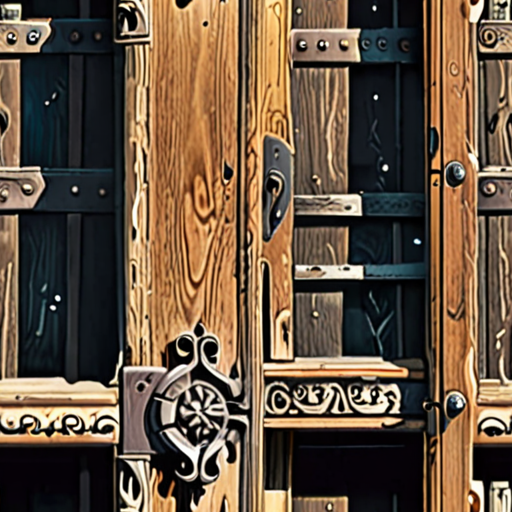
Essential Steps to Take Before Buying Antique Items at a Flea Market
To ensure authenticity and avoid costly mistakes, it’s crucial to approach antique shopping with caution.
- Research and Verify Authenticity
- Inspect the Item Carefully
- Check for Certificates of Authenticity
- Get Multiple Appraisals
- Understand the Market Value
- Buy from Reputable Dealers
- Keep Records and Documentation
Before making a purchase, research the item’s history, provenance, and market value. Verify its authenticity by checking for signatures, hallmarks, or other distinguishing features. Consult reputable sources, such as auction houses, museums, or expert appraisers, to gain a deeper understanding of the item’s significance and value.
Closely examine the item for signs of restoration, damage, or wear. Look for any inconsistencies in the material, craftsmanship, or finish. Check for any repairs, alterations, or substitutions that may affect the item’s value or authenticity.
A certificate of authenticity can provide assurance that the item is genuine and has been properly documented. However, be cautious of certificates issued by unverified sources or those that seem suspiciously easy to obtain.
Seek opinions from multiple experts, including appraisers, dealers, and collectors, to get a well-rounded assessment of the item’s value and authenticity. This can help you identify potential red flags and make a more informed decision.
Familiarize yourself with the current market value of the item, taking into account factors like condition, rarity, and demand. Be wary of prices that seem too good to be true, as they may indicate a scam or a poorly authenticated item.
Purchase from established dealers who have a track record of selling authentic items. Research their reputation online, read reviews, and ask for referrals from trusted sources. Be cautious of dealers who seem pushy or unwilling to provide documentation or guarantees.
Maintain thorough records of your purchase, including receipts, invoices, and any supporting documentation. This can help establish ownership and prove the item’s authenticity in case of disputes or questions.
By following these essential steps, you’ll be better equipped to navigate the world of antique shopping and make informed, confident purchases that bring joy and value to your life.
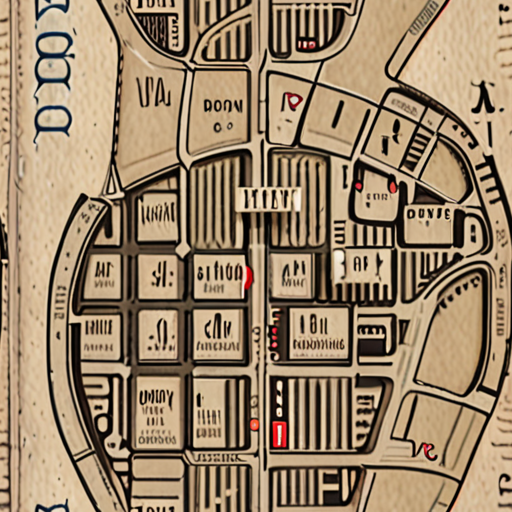
Uncovering Hidden Treasures: Antique Market vs Flea Market
As a seasoned collector and enthusiast of all things vintage, I’ve had my fair share of experiences at both antique markets and flea markets.
- The atmosphere and vibe of these two types of markets are vastly different, impacting the overall shopping experience in significant ways.
- Antique markets typically feature a curated selection of high-quality, rare, and often expensive items, whereas flea markets offer a more eclectic mix of goods, ranging from antiques to second-hand items.
- When it comes to finding unique and authentic pieces, antique markets are often the better choice, as vendors carefully select and display their wares to showcase their expertise and passion for the field.
- Flea markets, on the other hand, can be a treasure trove for bargain hunters and those looking for one-of-a-kind items, but be prepared to dig through piles of merchandise to find hidden gems.
Distinguishing Factors Between Antique Markets and Flea Markets
- Vintage Items: Antique markets specialize in showcasing high-end, rare, and often expensive vintage items, whereas flea markets may carry a mix of vintage and modern items.
- Curation: Antique markets typically feature carefully curated selections of items, whereas flea markets often have a more haphazard approach to displaying goods.
- Pricing: Antique markets tend to have higher price points due to the rarity and quality of the items, whereas flea markets can offer more affordable options for those on a budget.
- Atmosphere: The atmosphere at antique markets is often more refined and sophisticated, whereas flea markets can be more lively and energetic.
Why Choose Antique Markets?
- Expertise: Vendors at antique markets are often experts in their field, providing valuable knowledge and insight into the history and provenance of the items on display.
- Rarity: Antique markets feature rare and hard-to-find items, making them a paradise for serious collectors and enthusiasts.
Why Choose Flea Markets?
- Bargains: Flea markets can offer incredible bargains for those willing to dig through piles of merchandise.
- Unique Finds: Flea markets are a great place to discover one-of-a-kind items that can’t be found elsewhere.
Conclusion is Not Required
What Are the Most Valuable Antique Items to Hunt for at Flea Markets in Boston, Massachusetts?
I’m always excited to share my expertise with fellow vintage enthusiasts and collectors, and today I’ll be guiding you through the most valuable antique items to hunt for at flea markets in Boston, Massachusetts.
- Vintage Posters
- Antique Furniture
- Vintage Jewelry
- Collectible Toys
- Rare Books
Flea markets in Boston often feature a variety of vintage posters, including advertisements, movie posters, and travel posters. These items can be highly valuable due to their rarity and historical significance. Look for posters from well-known artists or companies, and consider the condition and authenticity of the item before making a purchase.
Boston flea markets frequently have a selection of antique furniture pieces, including chairs, tables, desks, and cabinets. These items can be highly valuable due to their age, craftsmanship, and historical significance. Consider the material, design, and condition of the piece before making a purchase.
Vintage jewelry is a popular item among collectors, and Boston flea markets often feature a variety of pieces. Look for items made from precious metals, such as gold, silver, or platinum, and consider the condition, rarity, and historical significance of the piece before making a purchase.
Collectible toys, such as vintage dolls, trains, and action figures, can be highly valuable due to their rarity and historical significance. Look for items in good condition, and consider the popularity and demand for the toy before making a purchase.
Rare books, including first editions, signed copies, and limited prints, can be highly valuable due to their rarity and historical significance. Look for books in good condition, and consider the author, publisher, and publication date before making a purchase.
How to Identify Valuable Antique Items
To identify valuable antique items, look for the following characteristics:
- Age
- Rarity
- Condition
- Authenticity
- Historical Significance
The older the item, the more valuable it may be. Consider the era, style, and materials used to determine the age of the item.
If the item is rare or hard to find, it may be more valuable. Research the item to determine its scarcity and demand.
The condition of the item can greatly impact its value. Look for items in good condition, with minimal damage or wear.
Verify the authenticity of the item by researching its history, provenance, and documentation.
Items with historical significance, such as those related to famous events or people, can be highly valuable.
Tips for Hunting at Flea Markets
To increase your chances of finding valuable antique items at flea markets, follow these tips:
- Research Beforehand
- Inspect Items Carefully
- Negotiate Prices
- Get Appraisals
Research the flea market, vendors, and items before attending to get an idea of what to expect and what to look for.
Closely inspect items for signs of damage, wear, or restoration.
Be prepared to negotiate prices, especially for high-value items.
Consider getting appraisals from experts to verify the value and authenticity of the item.
Conclusion
Hunting for valuable antique items at flea markets in Boston, Massachusetts, requires patience, research, and attention to detail. By following these tips and considering the characteristics of valuable items, you can increase your chances of finding rare and valuable treasures.
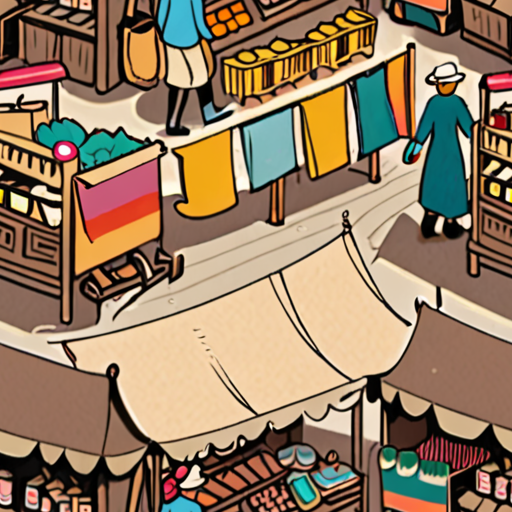
Navigating Antique Markets Like Wolffs Flea Market
As a seasoned collector and enthusiast, I’ve had my fair share of adventures at antique markets like Wolffs Flea Market in Rosemont.
- Research Beforehand: Familiarize yourself with the market’s layout, vendors, and typical offerings to maximize your chances of finding hidden gems.
- Arrive Early: Beat the crowds and get a head start on snagging the best deals before the market gets busy.
- Inspect Carefully: Don’t rush into purchasing something just because it looks good – inspect every item thoroughly for signs of damage, wear, or restoration.
- Know Your Vendors: Build relationships with regular vendors and learn about their specialties, pricing, and return policies to make informed purchases.
- Be Prepared to Haggle: Negotiate prices politely and respectfully, but don’t be afraid to walk away if the deal isn’t right.
- Keep an Open Mind: Don’t dismiss items based on initial appearances – sometimes the most unexpected pieces can become true treasures.
- Document Your Finds: Take photos and notes of interesting items, and consider sharing your discoveries on social media to connect with fellow collectors and enthusiasts.
By following these expert tips, you’ll be well-equipped to navigate the world of antique markets like Wolffs Flea Market and uncover the hidden gems that await.
Insider Secrets for Scoring Rare Finds
From vintage clothing to antique furniture, Wolffs Flea Market offers a vast array of unique and fascinating items.
- Vintage Clothing: Keep an eye out for high-quality, designer, or era-specific clothing, which can be resold or worn with pride.
- Antique Furniture: Look for beautifully crafted, one-of-a-kind pieces that can add character to any room.
- Collectible Items: Search for rare coins, stamps, or other collectibles that can appreciate in value over time.
- Artwork and Prints: Discover original artwork, prints, or posters that can enhance your home decor or investment portfolio.
Conclusion
Navigating antique markets like Wolffs Flea Market requires patience, persistence, and a keen eye for detail.
By following these expert tips and staying open-minded, you’ll increase your chances of finding rare and valuable items that will enrich your life and collections.
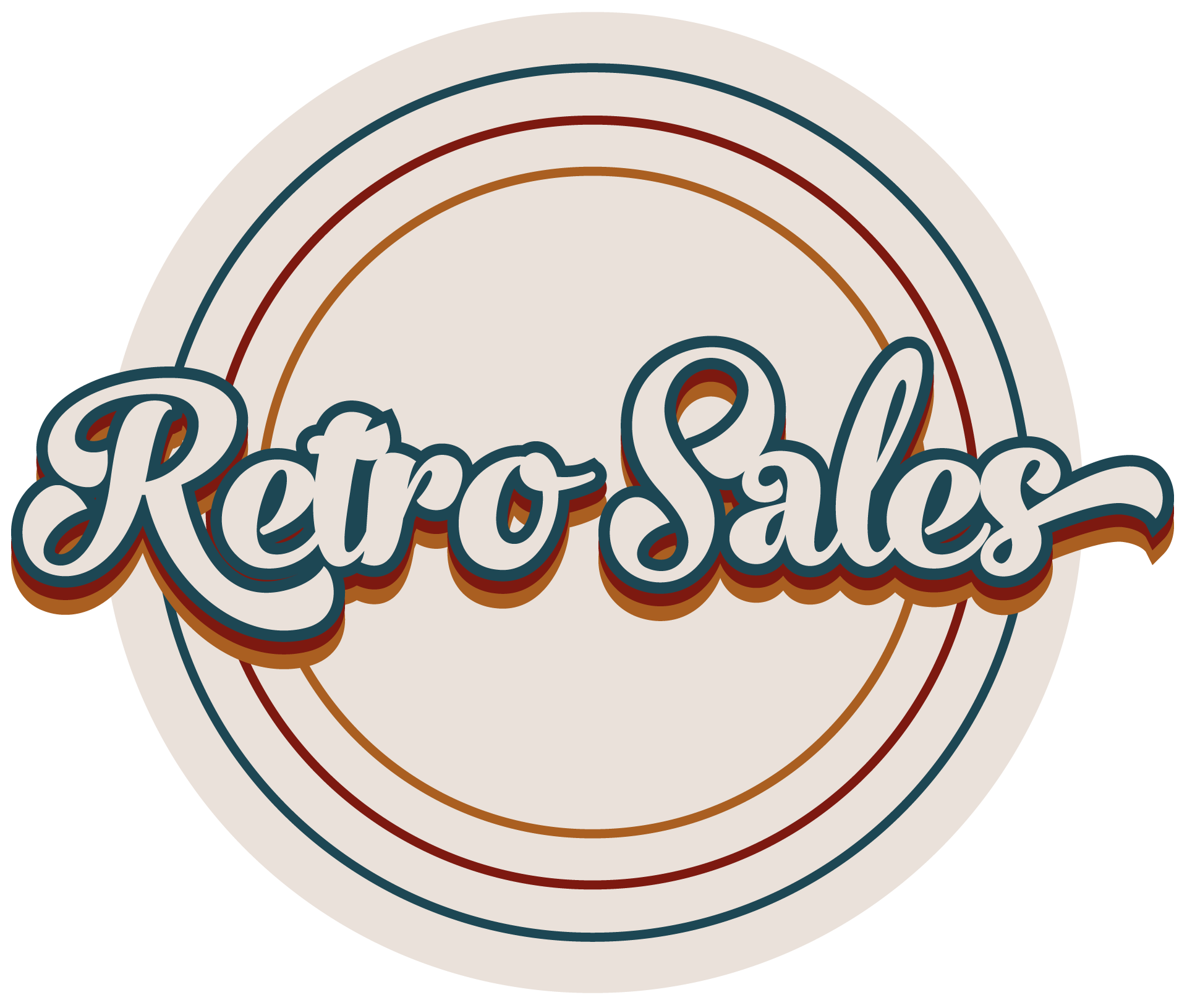
0 Comments